Continuing activities in Boracay (Philippines), Deputy Director of the National Tourism Administration Nguyen Thi Hoa Mai and the Vietnamese delegation attended the ASEAN Tourism Industry Policy and Plan Workshop 2026-2030.
According to information from the National Tourism Administration, at this event, Vietnam made commitments to cooperate and contribute to the common development process of the ASEAN region.
Vietnam cooperation plan
Boracay Island, the venue of the workshop, is considered a symbol of sustainable tourism recovery and community-based destination management. The Philippines, as the national coordinator for the development of the ASEAN Tourism Sector Strategy 2026-2030, affirmed the importance of regional cooperation in strengthening the tourism industry and the common identity of the ASEAN Community.
According to Philippine Tourism Undersecretary Verna C. Buensuceso, the strength of ASEAN tourism is not only in the landscape or modern infrastructure, but also in connecting people and cultural stories with the spirit of consensus, mutual respect and enhanced people-to-people exchanges as well as the tourism vision after 2025: sustainable, adaptable to the future, digital application, cultural respect, enhanced intra-bloc connectivity, facilitating seamless tourism, supporting micro, small and medium enterprises and community tourism.
The representative of the Philippine Department of Tourism said that with continuous cooperation with dialogue partners and international organizations, ASEAN will continue to be the world's leading tourism destination, where every trip is a shared story, every cultural experience is an opportunity for understanding, and every cooperation contributes to sustainable prosperity.

To contribute to the overall development of regional tourism, Deputy Director of the Vietnam National Administration of Tourism, Ms. Nguyen Thi Hoa Mai, informed about Vietnam's cooperation plan. Accordingly, Vietnam will cooperate in multi-destination tourism by promoting activities connecting destinations in the region, including single-trip-multiple-destination tourism corridors such as Vietnam-Laos-Cambodia-Thailand to build an inter-country tourism corridor.
Vietnam will train and standardize ASEAN service quality by enhancing cooperation in human resource training, sharing service standards, and developing homestay models and community tourism products.
With a commitment to sustainable tourism and social responsibility, Vietnam focuses on supporting local communities to participate in tourism activities to improve their lives, especially those in remote areas and ethnic minorities, through developing handicraft products and connecting markets.
In particular, Vietnam innovates technology in tourism marketing by applying technology, market data, visa policy information and market analysis to improve promotion effectiveness.
Participating in the ASEAN joint promotion campaign, Vietnam will co-organize regional and international tourism events and fairs, promoting ASEAN as a unified, sustainable and competitive destination.
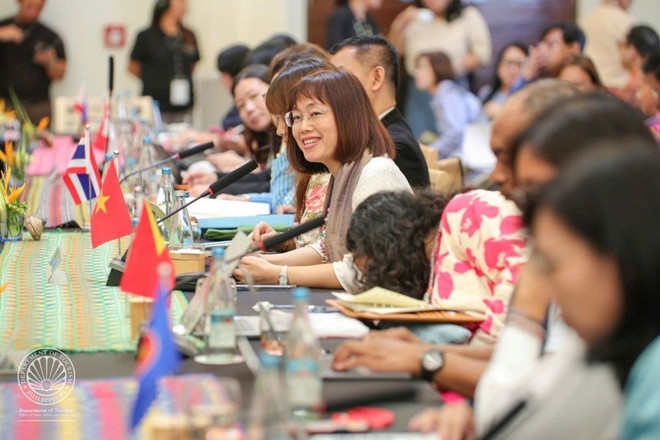
“Vietnam is committed to working closely with all member countries and the ASEAN Secretariat. With its strengths and rich culture, heritage, ecotourism and rural tourism, Vietnam is ready to contribute to building ASEAN into a unified, competitive and sustainable tourism destination,” Deputy Director General Nguyen Thi Hoa Mai affirmed.
Working together for a common goal
Ms. Kanchana Wanichkorn, representative of the ASEAN Secretariat, shared that before the pandemic, tourism contributed more than 12% of ASEAN's GDP and created about 32 million jobs, mainly for youth, women, small and medium enterprises as well as the informal sector.
While the current recovery is not yet at pre-pandemic levels, tourism continues to be a strong contributor to employment and income in hospitality, transport, retail, food and beverage, and arts and crafts. The ASEAN Vision 2045 and the ASEAN Economic Community Blueprint 2026-2030 emphasize the importance of tourism in economic growth and attracting investment, with a target of at least 5% growth.
The ASEAN Secretariat called on member countries to focus on practical and feasible actions to materialize the adopted policies, and highlighted key elements, including: Building a sustainable, resilient and inclusive tourism ecosystem; promoting intra-ASEAN tourism to increase regional demand and connect people; and tapping into new tourist segments such as the growing middle class, Gen Z, female travelers, digital nomads (those who do not work in one place) and senior citizens.

In addition, diversify tourism products associated with the trend of experiential, sustainable, and creative tourism; upgrade air, road, and sea infrastructure connections to support tourism growth; attract focused investment in tourism infrastructure, including transportation, accommodation, digital infrastructure, and sustainable tourism facilities.
The key message is to build a dynamic, inclusive, future-ready ASEAN tourism industry that serves as a driver of growth and delivers tangible benefits to the people and the region.
In addition to the above action plan commitment, Vietnam has implemented new visa measures, including issuing e-visas to all countries, extending the length of stay for target markets and simplifying entry procedures. Vietnam has also expanded the list of visa-exempt countries. Recovery-enhancement of competitiveness-innovation are considered the three main pillars for Vietnam tourism to continue to develop and contribute to regional cooperation./.
Source: https://www.vietnamplus.vn/viet-nam-cam-ket-hop-tac-va-dong-gop-gi-vao-phat-trien-du-lich-khu-vuc-asean-post1053990.vnp


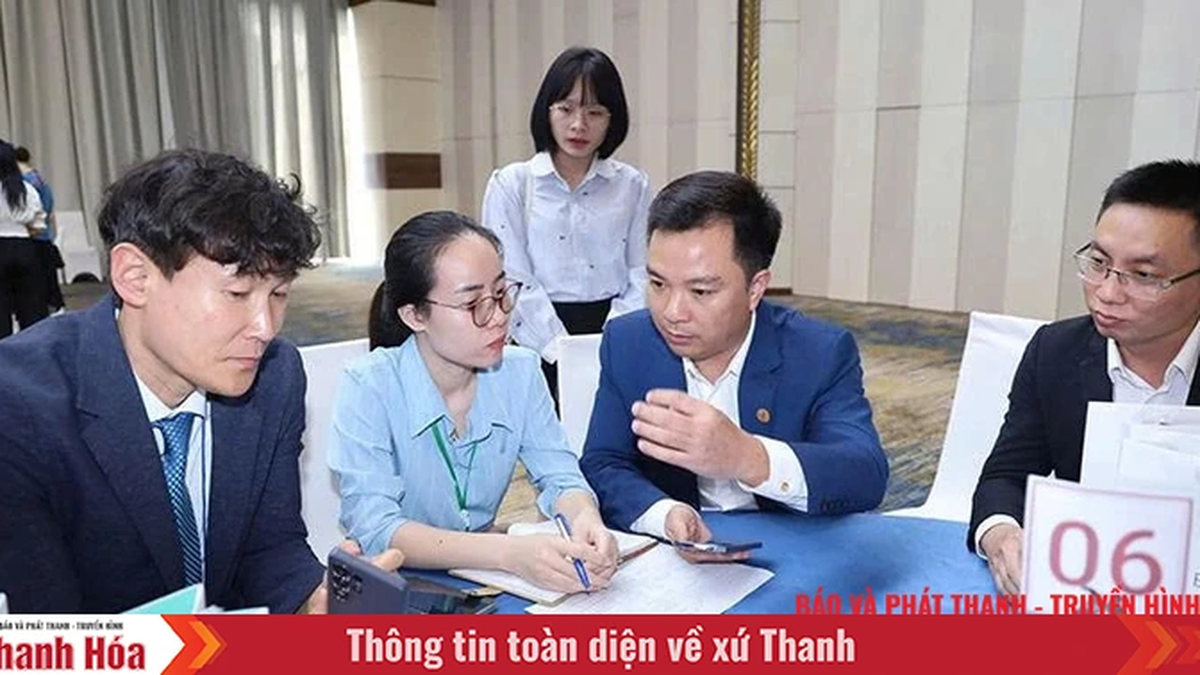
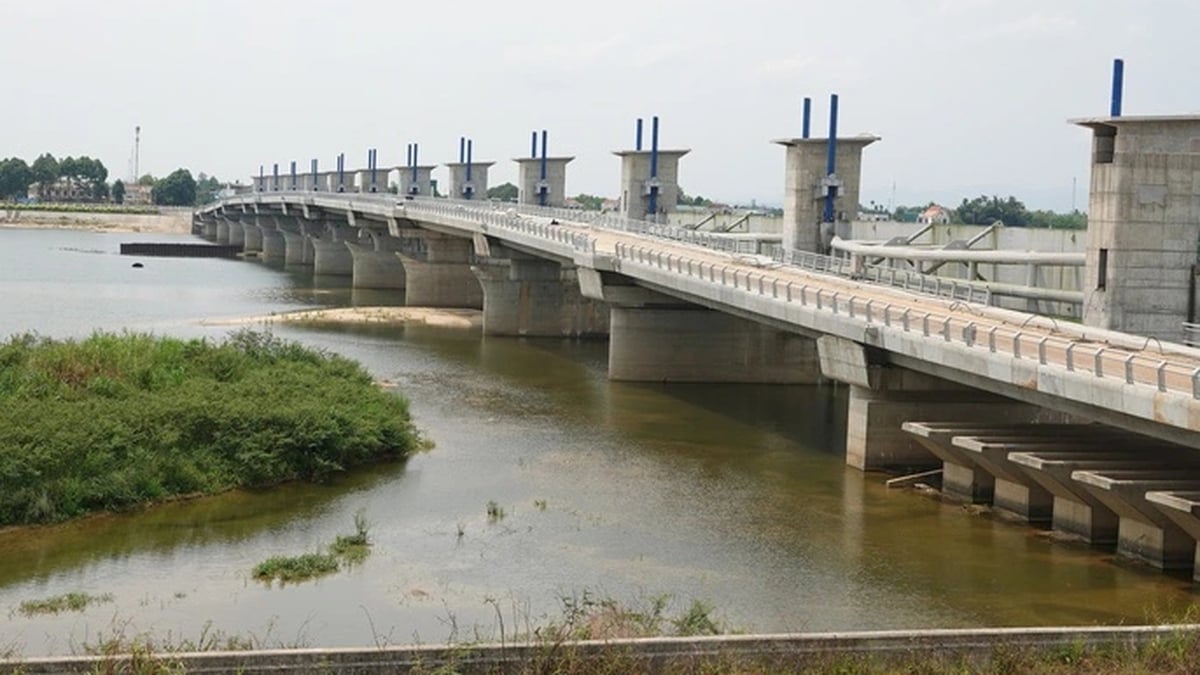

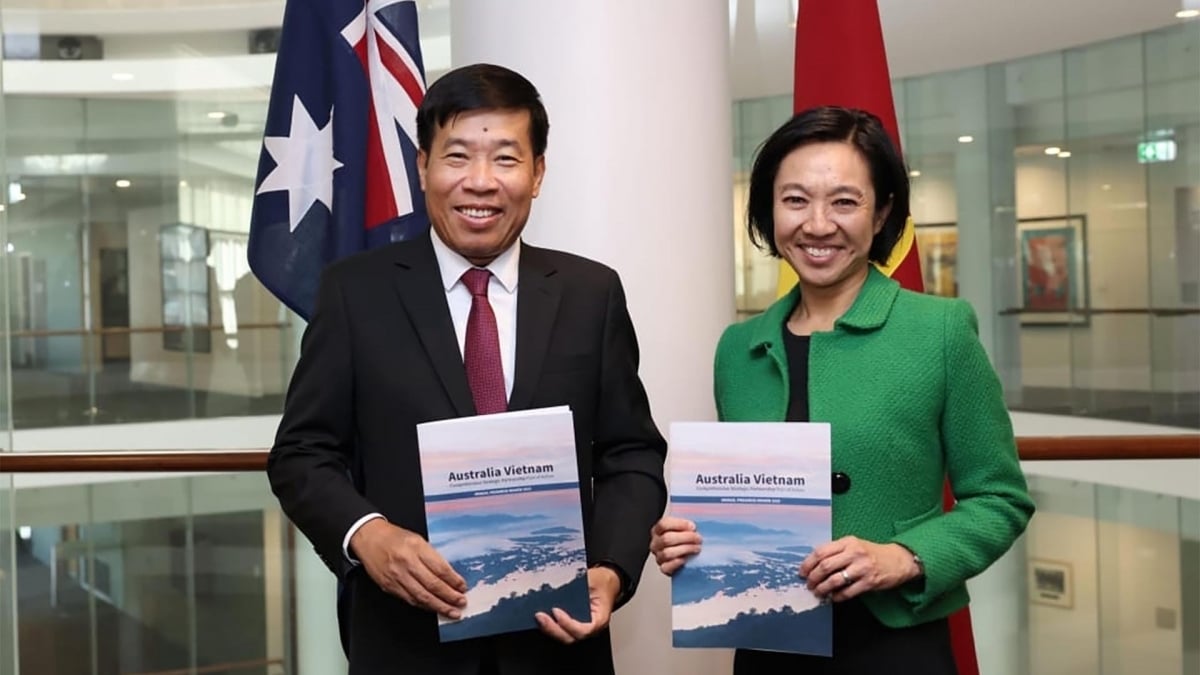
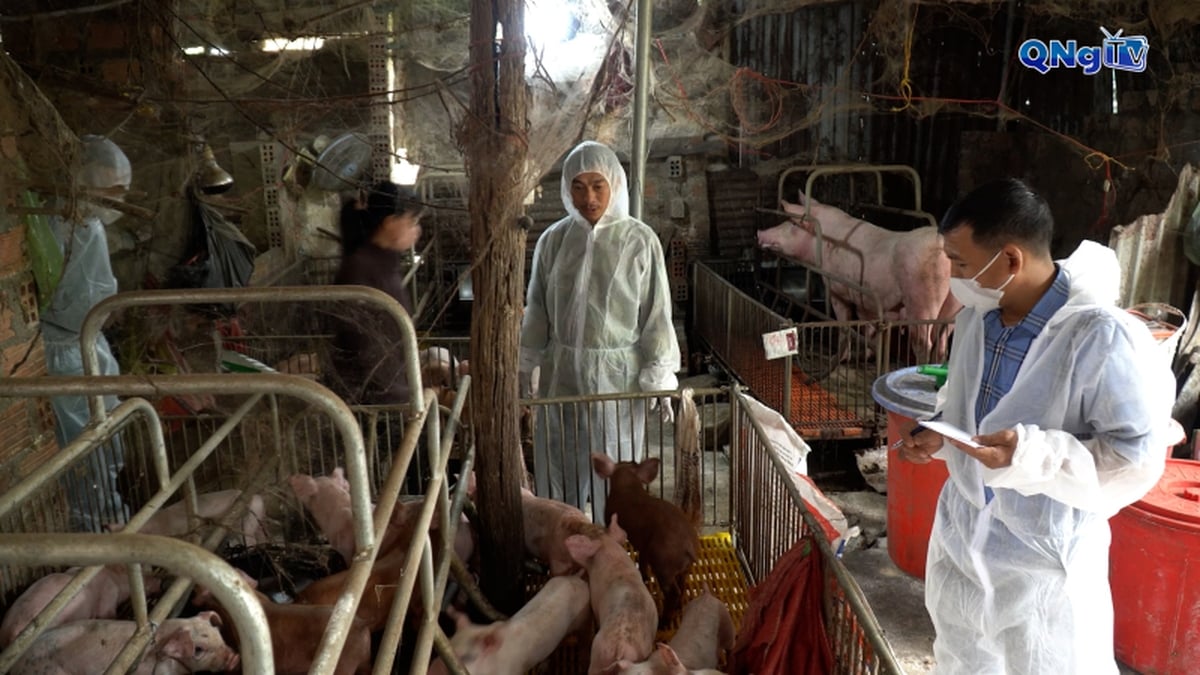
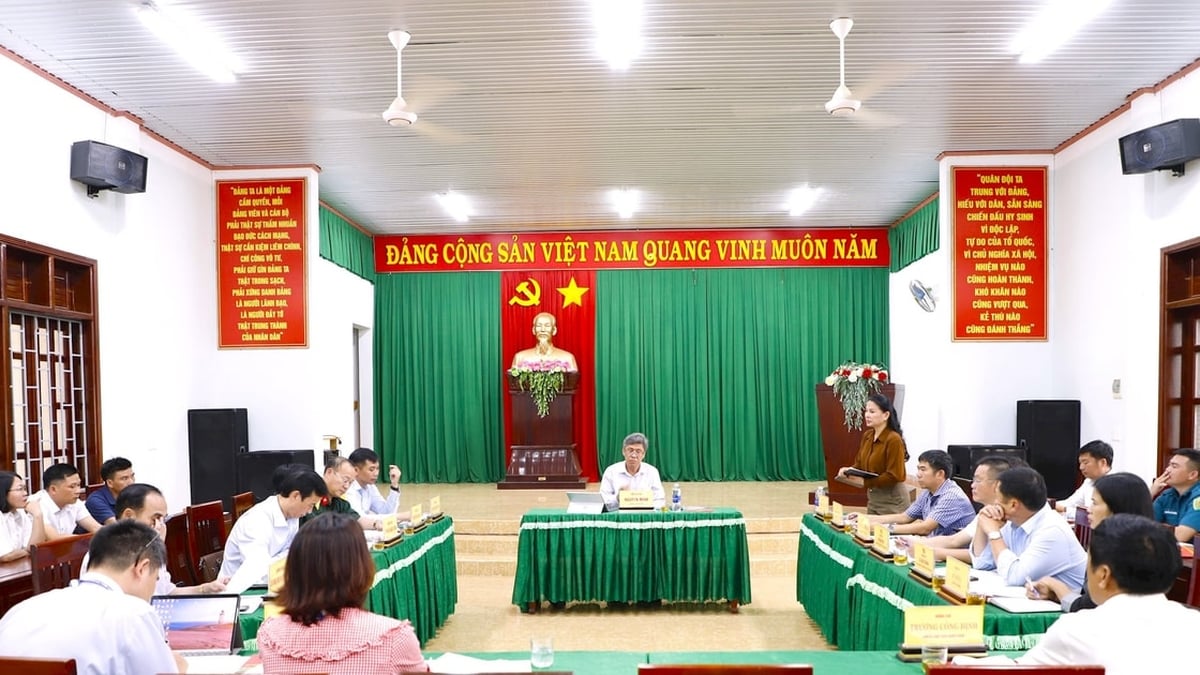

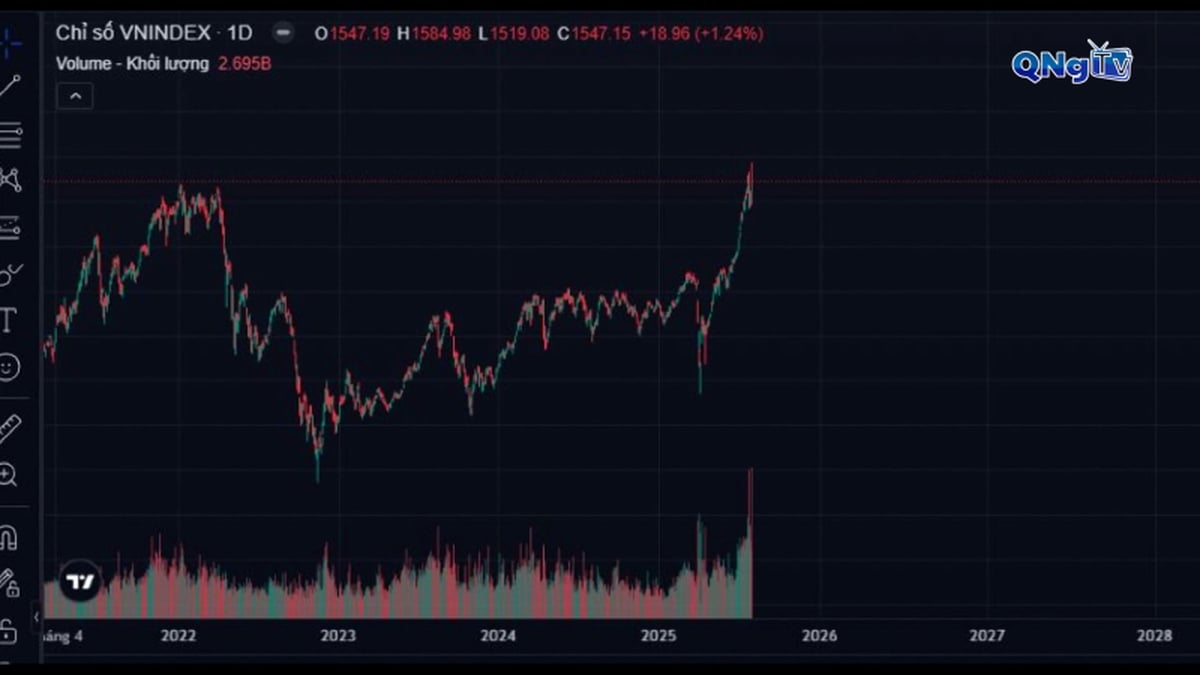
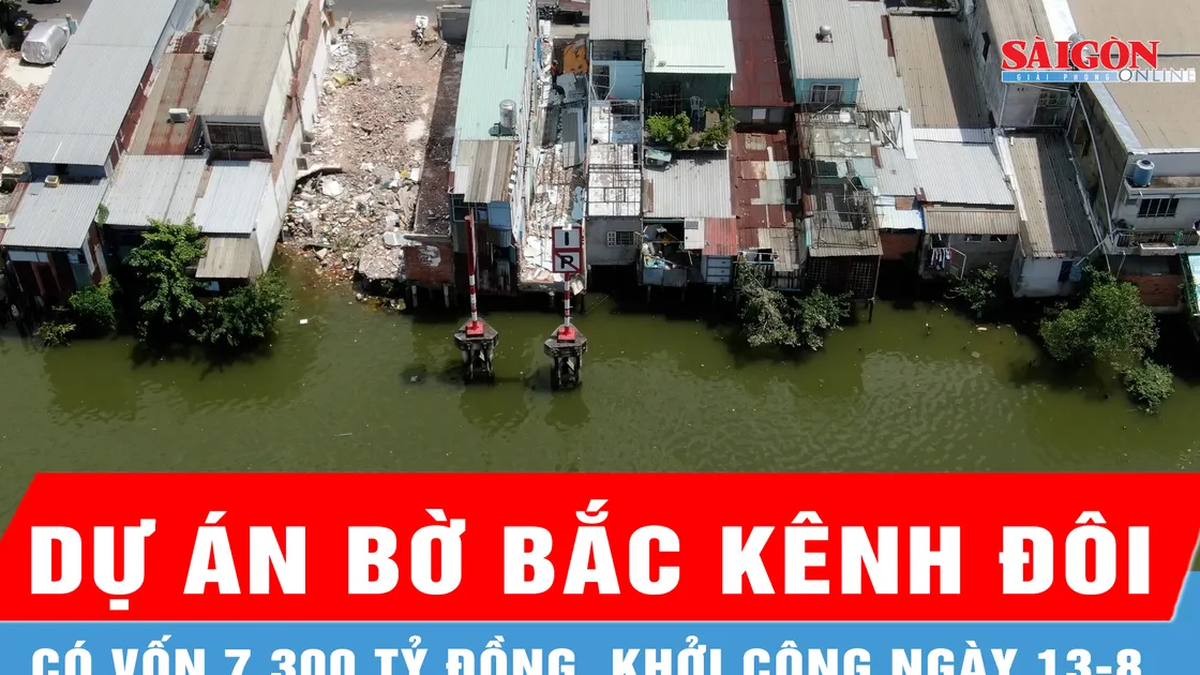
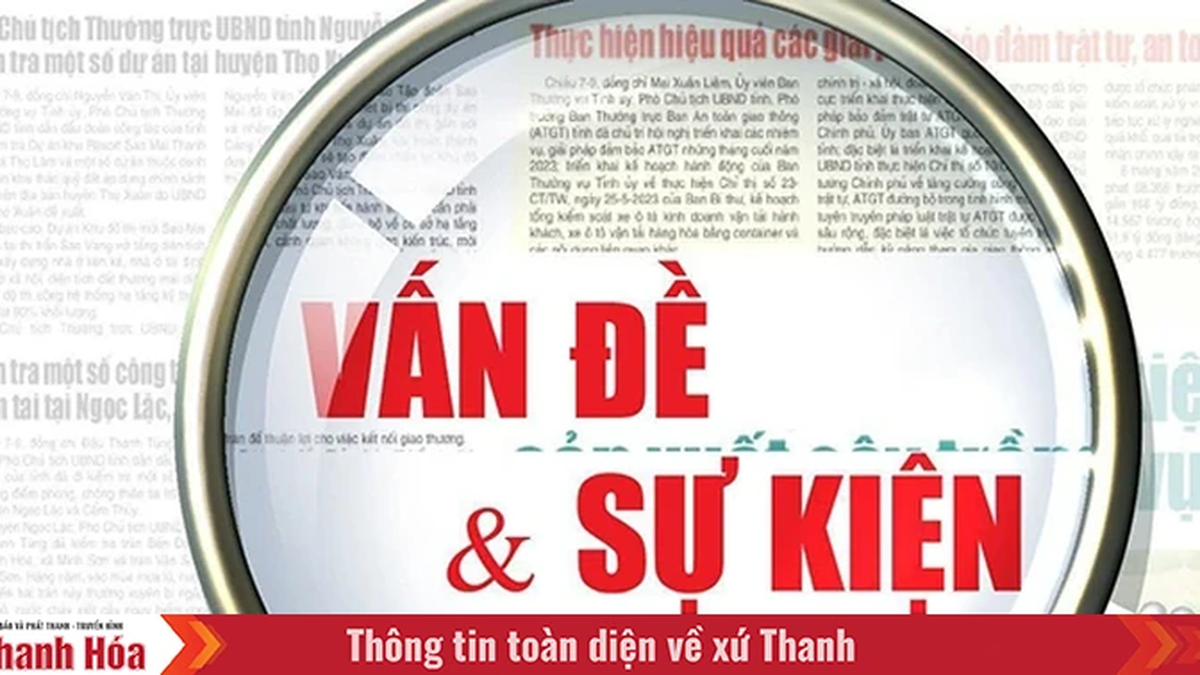













![[Photo] Nghe An: Provincial Road 543D seriously eroded due to floods](https://vphoto.vietnam.vn/thumb/1200x675/vietnam/resource/IMAGE/2025/8/5/5759d3837c26428799f6d929fa274493)
![[Photo] Discover the "wonder" under the sea of Gia Lai](https://vphoto.vietnam.vn/thumb/1200x675/vietnam/resource/IMAGE/2025/8/6/befd4a58bb1245419e86ebe353525f97)

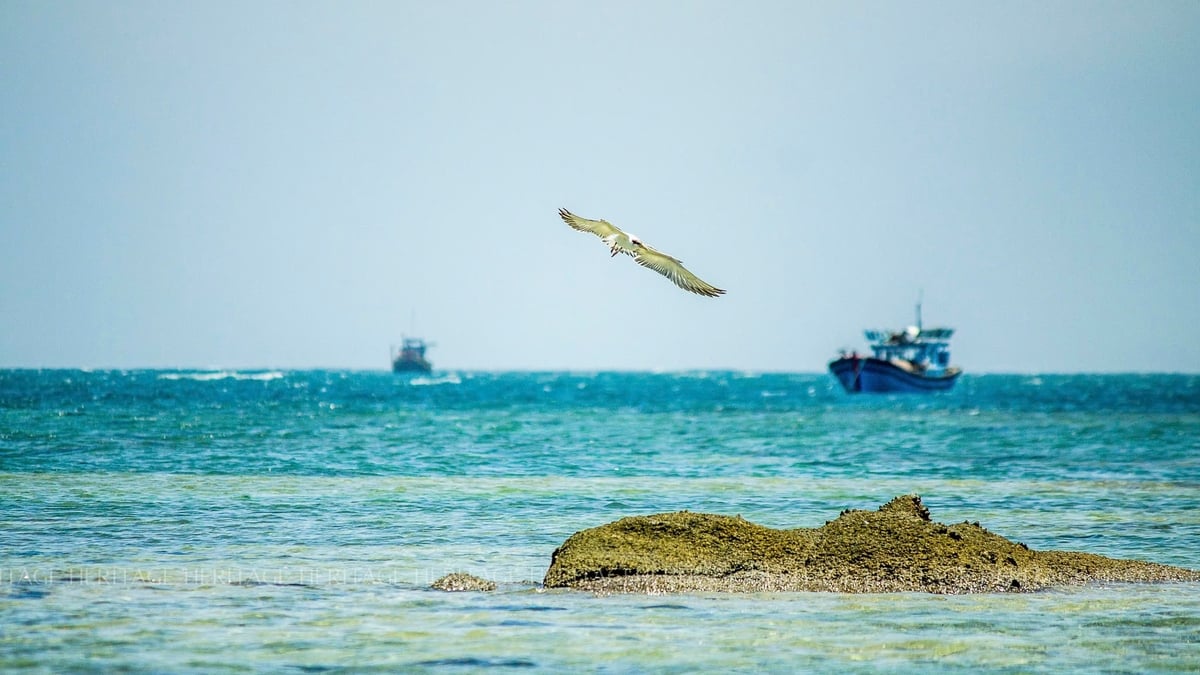































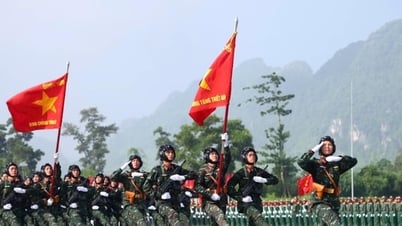

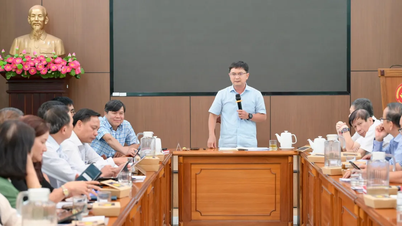

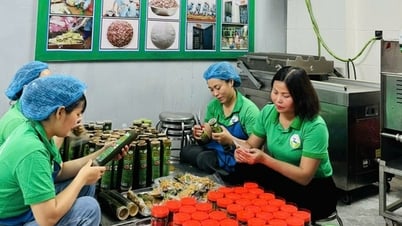




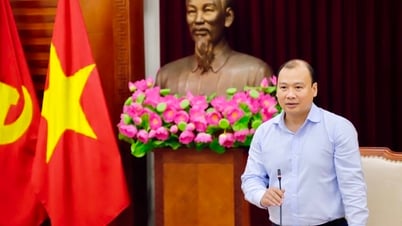


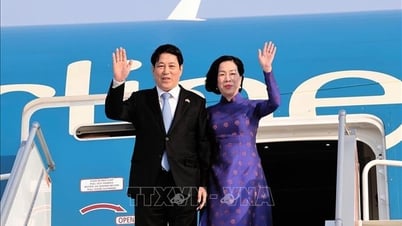

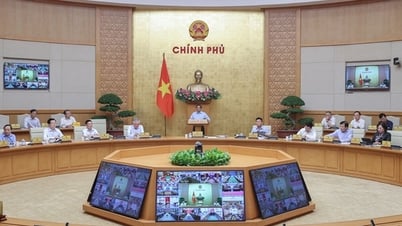


















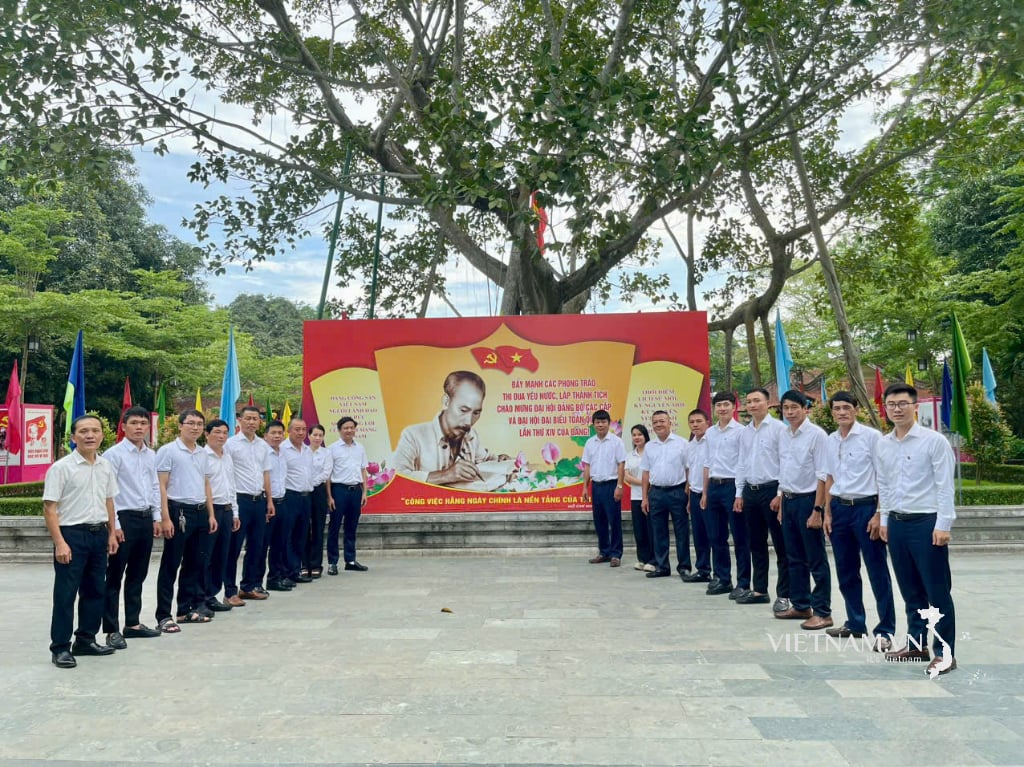


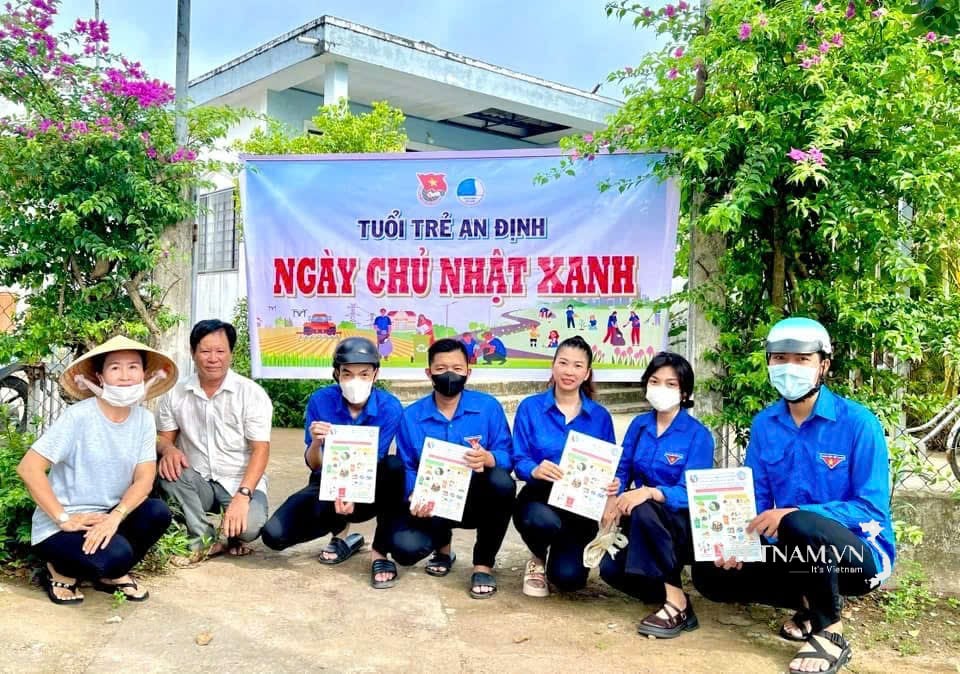
Comment (0)